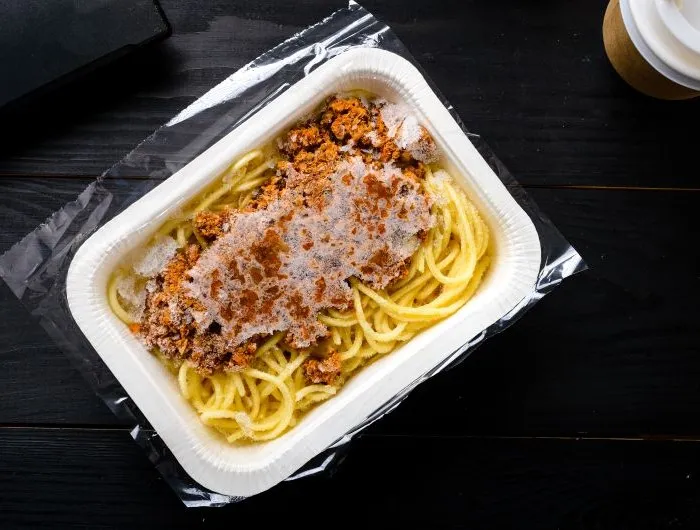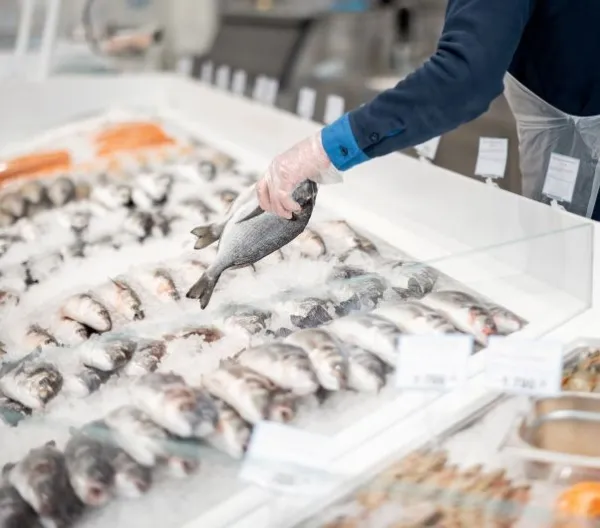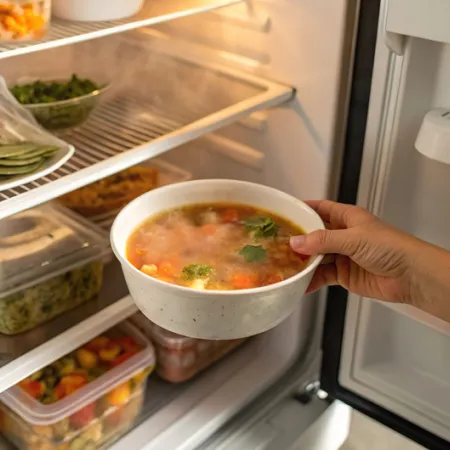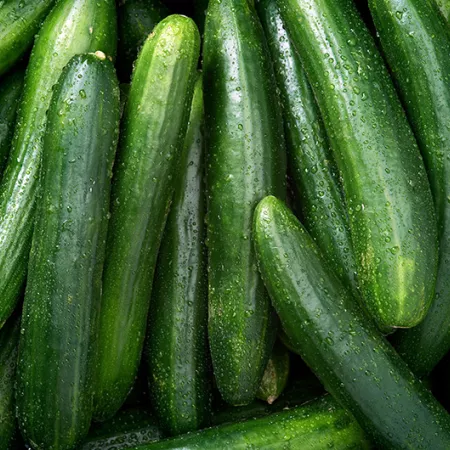Pastas recalled following deaths and illnesses in 18 states

smspsy - stock.adobe.com.
A Listeria outbreak in prepared pastas sold at major supermarket chains is linked to at least six deaths, 25 hospitalizations, and one pregnancy loss across 18 states. Nate’s Fine Foods Inc. has recalled several affected products from multiple brands. Here’s what you should know about the dangerous bacteria and how to protect your health.
A Listeria outbreak has led to a recall of prepared pastas
As of Oct. 31, 2025, there have been six deaths and 25 total hospitalizations linked to an outbreak of Listeria monocytogenes in prepared fettucine, linguine, and farfalle products sold under brands including Marketside (Walmart), Trader Joe’s, Home Chef, and Scott & Jon’s. The deaths have been reported in Illinois, Michigan, Texas, Utah, Oregon, and Hawaii. Illnesses have been reported in 18 states. One reported illness was the cause of a pregnancy loss.
On Sep. 29, Nate’s Fine Foods, the maker of the pastas in these products, announced a voluntary recall of several products with best-by dates ranging from June 2025 through March 2027, including:
- Albertsons store-made deli pasta salads sold from Sep. 8 to Oct. 4.
- Giant Eagle smoked mozzarella pasta salad with expiration dates from Sep. 30 through Oct. 7.
- Home Chef Chicken Fettuccine Alfredo 12.5-oz with best-by dates of Jun. 19 or prior.
- Kroger stores deli bowtie and penne pasta salads sold Aug. 29 through Oct. 2.
- 32.8-ounce tray packages of Marketside Grilled Chicken Alfredo with Fettuccine Tender Pasta with Creamy Alfredo Sauce, White Meat Chicken, and Shaved Parmesan Cheese with a best-by date of Jun. 27 or prior.
- Marketside Grilled Chicken Alfredo with Fettuccine 12.3-oz with best-by dates of Jun. 26 or prior and 32.8-oz with best-by dates of Jun. 27 or prior.
- Marketside Linguine with Beef Meatballs & Marinara Sauce 12-oz. with best-if-used-by dates of Sep. 22, Sep. 24, Sep. 25, Sep. 29, Sep. 30 and Oct. 1.
- Scott & Jon’s Shrimp Scampi with Linguini Bowls 9.6-oz with best-if-used-by dates of Mar. 12, 2027, Mar. 13, 2027, Mar. 13, 2027, and Mar. 17, 2027.
- Sprouts Farmers Market Smoked Mozzarella Pasta Salad with use-by dates of Oct. 10 to Oct. 29.
16-ounce plastic tray packages of Trader Joe’s Cajun Style Blackened Chicken Breast Fettucine Alfredo with best-if-used-by dates of Sep. 20, Sep. 24, Sep. 27, Sep. 28, Oct. 1, Oct. 3, Oct. 5, Oct. 8, and Oct. 10.
Why is Listeriaso dangerous?
Listeria is a type of bacteria naturally occurring in soil, but can live in environments ranging from acidic to salty, in high and low temperatures, and in low moisture. Because of that, Listeria can survive for a very long time (in one case, more than 10 years!), making it particularly hard to wipe out outbreaks. The bacteria can spread via contaminated foods to surfaces and equipment, where it can then spread to other foods.
Although it is rare, Listeria infection is one of the leading causes of death from foodborne illnesses. Listeria contamination is responsible for listeriosis, the hard-to-diagnose infection that can cause preterm labor, stillbirth, or miscarriage in pregnant people, who are 10 times more likely to get listeriosis than other people. Listeriosis can also cause symptoms like fever, headache, flu-like symptoms like muscles aches and fatigue, and stiff neck. The infection primarily strikes older adults, pregnant people, newborns, and people with weakened immune systems.
Another thing that makes Listeria dangerous is that unlike some other food pathogens that cause food poisoning, Listeria can grow at refrigerator temperatures. Accordingly, cold storage does not prevent risk of contamination, although reheating to 165 degrees can kill the bacteria.
Some typical sources of Listeria in foods include raw milk, cheeses made with raw milk, soft cheeses, deli meats, raw sprouts, melon, and smoked fish.
How can you protect against Listeriacontamination?
To protect your health, an important first step is to scan your kitchen for any products that are on the recalled list of potentially contaminated pasta items. Consumers are advised to avoid eating and to throw away or return any recalled products, as well as to thoroughly disinfect any surfaces or containers that could have touched the potentially contaminated items
People with heightened risk levels, such as people with weakened immune systems, who are pregnant, or who are 65 years old or older, should take additional precautions. For example, high-risk individuals are advised only to eat foods that have been reheated, to clean surfaces or containers that could have touched any contaminated products, and to contact their health care providers if any symptoms of listeriosis arise.
Some other tips to avoid Listeria contamination include avoiding raw milk and raw sprouts, seeking out pasteurized milk in the ingredients list of soft cheeses like brie and Camembert, and refrigerating cut melon for no more than a week.
Support CSPI’s efforts to protect food safety
CSPI pushes for policies to keep our food supply free of dangerous pathogens, fight antibiotic resistance in the food chain, control and label allergens, and curb the use of synthetic dyes and poorly tested additives. We led the fight for national legislation that promises safer produce, and whole and processed foods that are regulated by the FDA. You can support our efforts to foster a safer food system today.
More about foodborne illness
Foreign food safety inspections hit historic low after Trump cuts
Food Safety
By ProPublica

What has public health done for us lately? Soon, we may not know
Food Safety

‘Can I put hot food in the fridge?’ and other food safety questions
Food Safety

Cucumbers recalled once again due to Salmonella outbreak
Food Safety

USDA repeal of Salmonella framework certain to make Americans sicker
Food Safety


Stirring the Pot
Join the fight for safer, healthier food
Sign up to receive action alerts and opportunities to support our work in Stirring the Pot, our monthly newsletter roundup.

